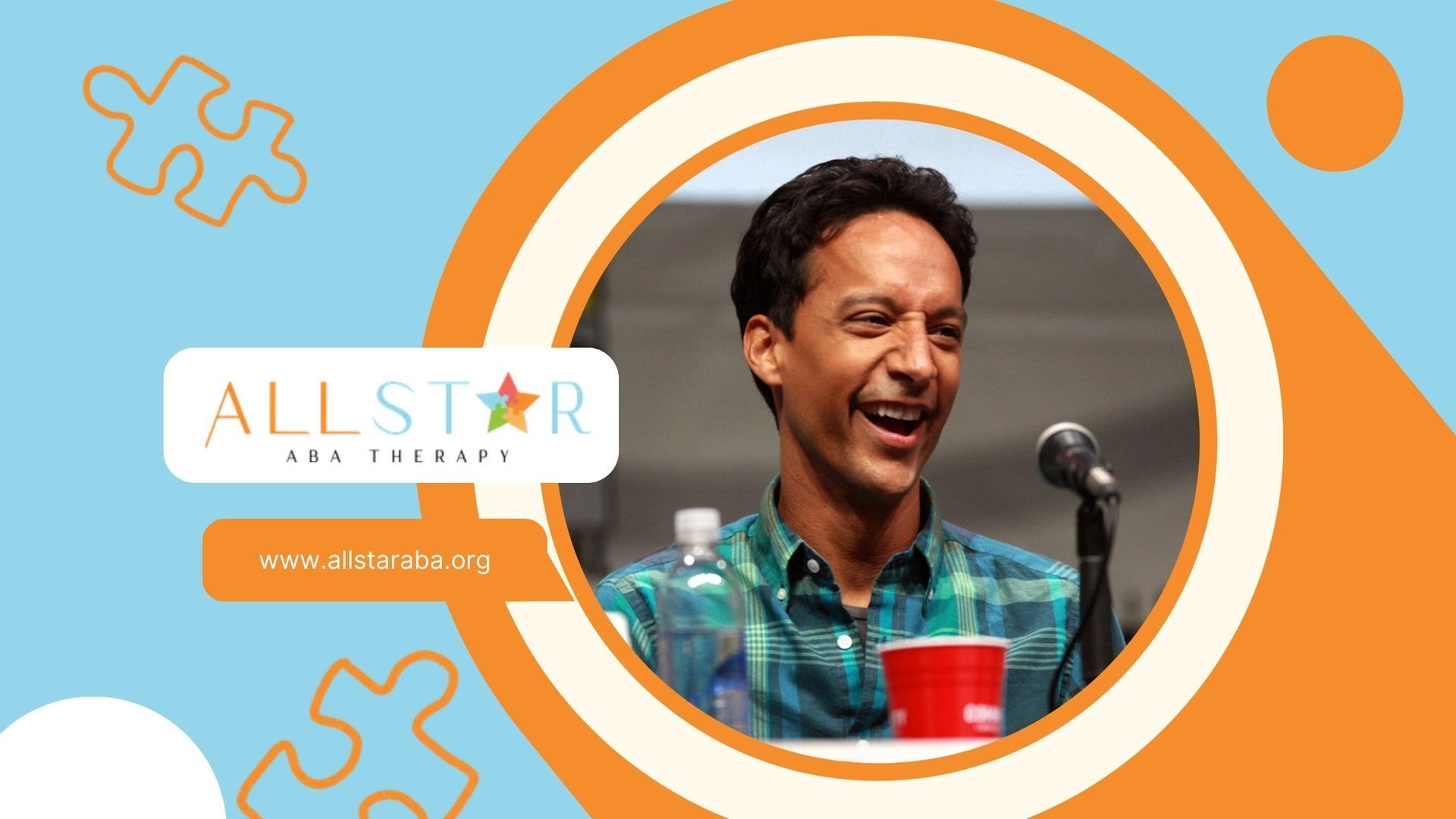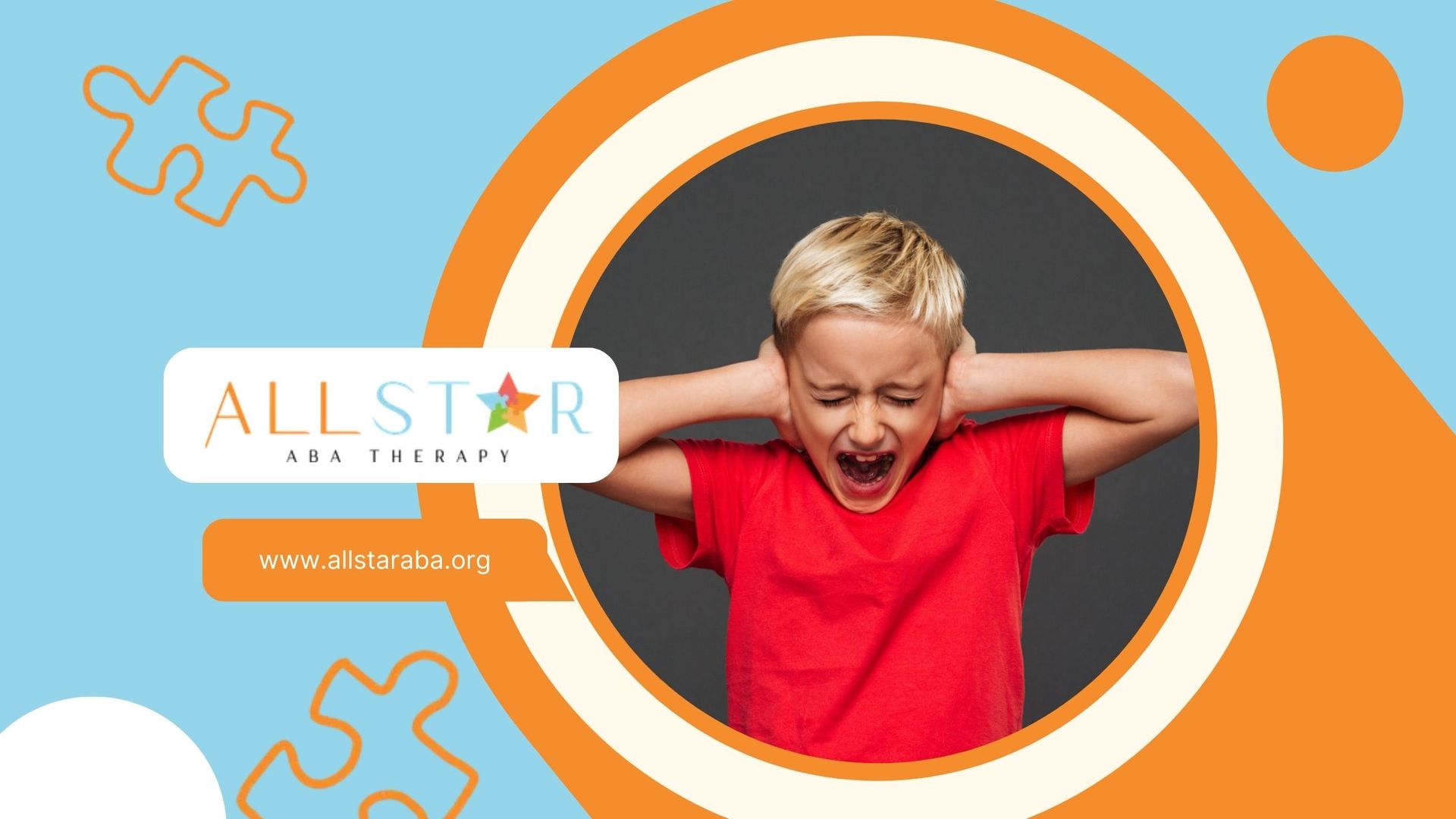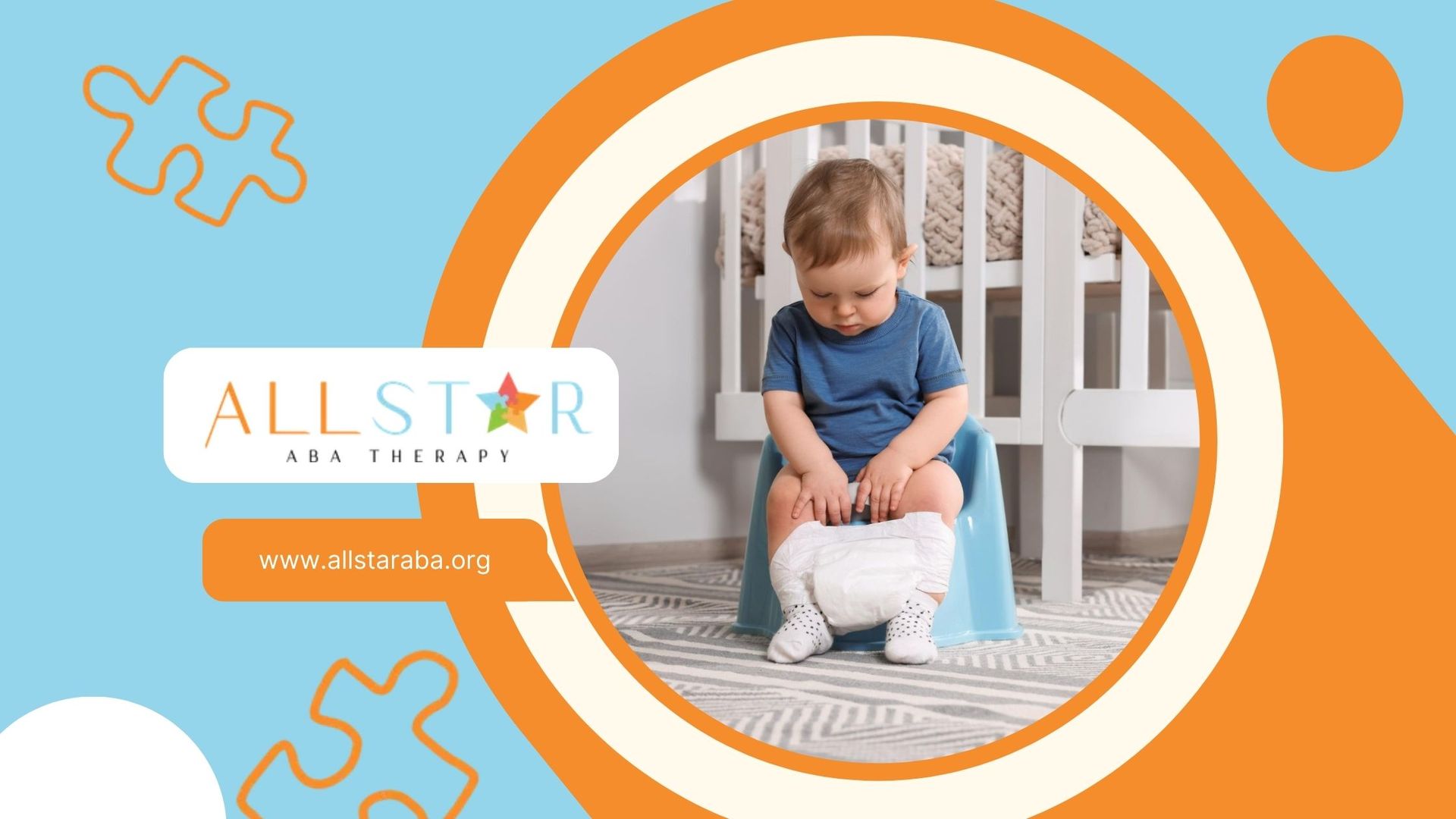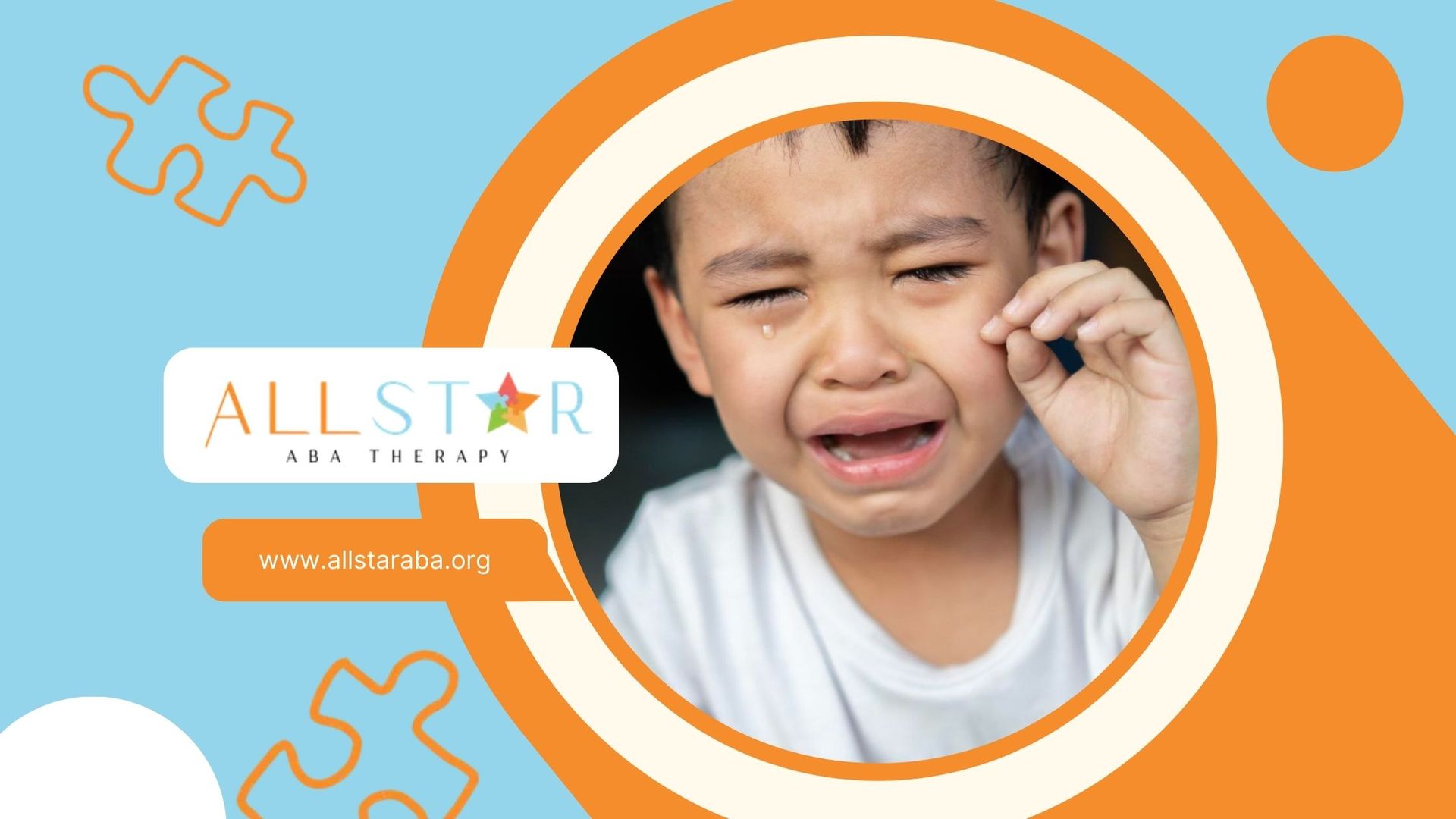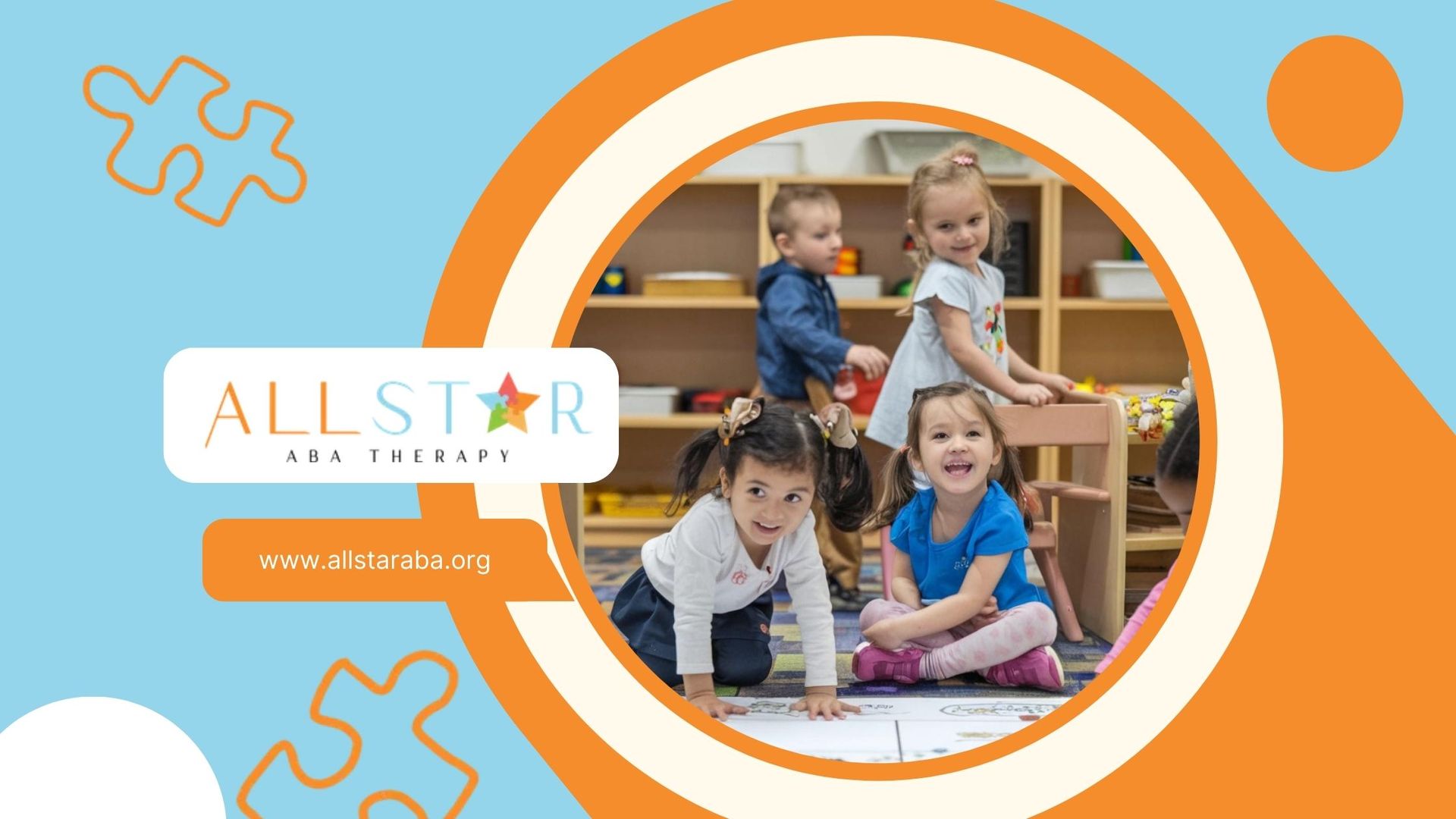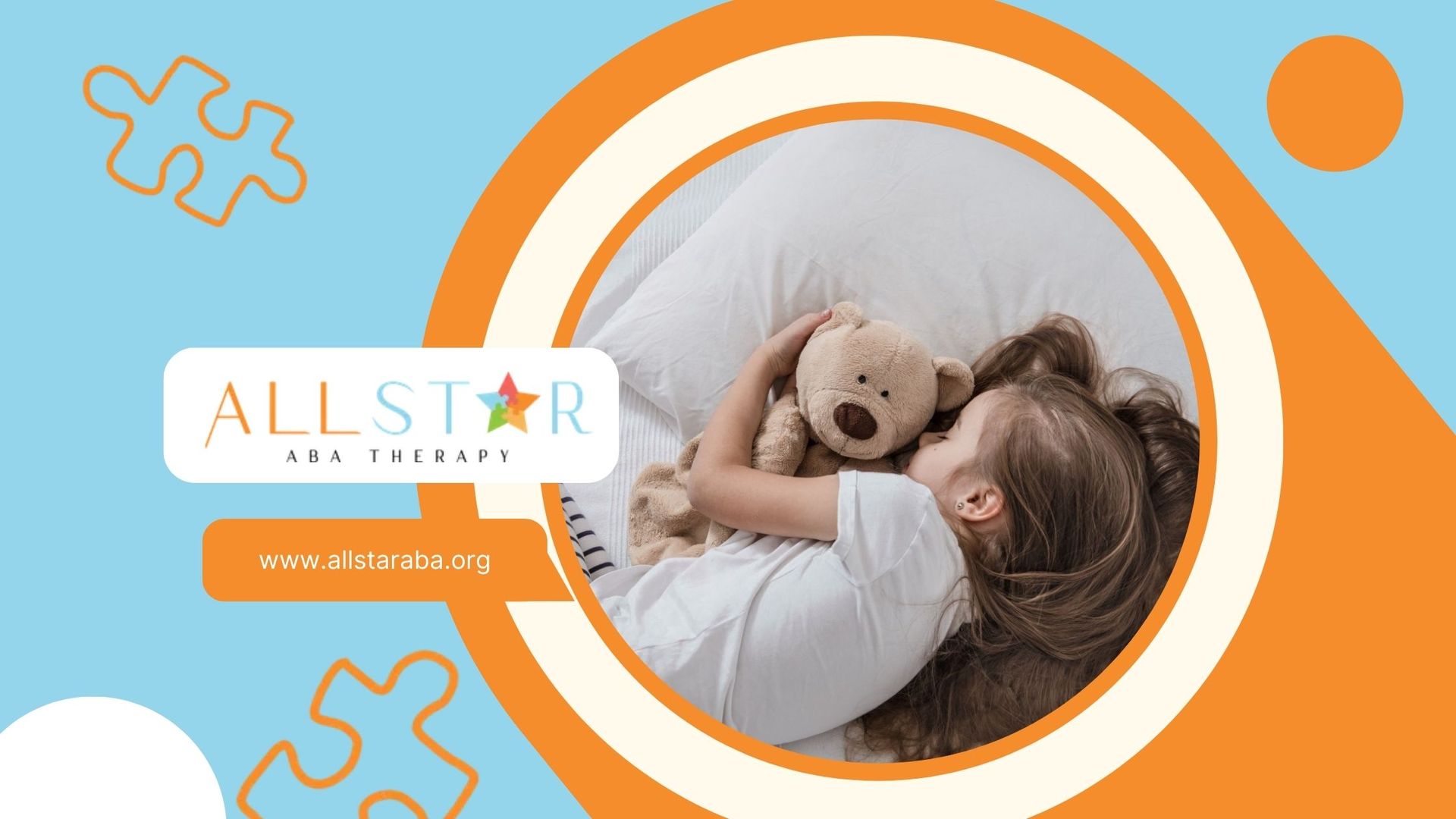New Paragraph
Cooperative Board Games for Autistic Adults Unveiled
Best Cooperative Board Games for Autistic Adults
Understanding the Appeal of Cooperative Games
Cooperative board games have become a big hit among autistic adults, thanks to their one-of-a-kind setup and game play. Many folks on the autism spectrum dig certain types of games, like engine building and set collection, way more than the usual competitive setups. As it turns out, a survey said about 10% of the folks, including autistic ones, really like cooperative games.
In these games, players are all on the same team, trying to win together instead of knocking out each other. This teamwork vibe builds a strong sense of togetherness and shared fun, which can seriously boost socializing and engaging with others. Plus, the group setting offers a friendly space for folks to work on important social behaviors without the stress of trying to beat everyone else.
Benefits of Cooperative Board Games
Cooperative board games go way beyond just having a good time. Studies show that they help sharpen social skills, manage emotions better, and boost independence for those with autism. Regularly getting together to play can lead to great stuff, like a quick emotional connection and improved coordination.
These games are more than just fun—they're a powerhouse for learning and growth. Here’s what you get out of them:
| Benefit | Description |
|---|---|
| Communication Skills | The games get people talking and working together, improving their ability to share ideas and feelings. |
| Emotion Regulation | Players learn to understand and control their emotions through shared goals and teamwork. |
| Perspective-Taking | Team play encourages empathy, helping folks see things from someone else's shoes. |
| Turn-Taking | These games stress the importance of taking turns in harmony, which is a key social skill to practice. |
| Joint Attention | Playing together boosts focused interaction, enhancing abilities related to paying attention and collaborating on tasks. |
Best Cooperative Board Games for Autistic Adults
Understanding the Appeal of Cooperative Games
Cooperative board games have become a big hit among autistic adults, thanks to their one-of-a-kind setup and game play. Many folks on the autism spectrum dig certain types of games, like engine building and set collection, way more than the usual competitive setups. As it turns out, a survey said about 10% of the folks, including autistic ones, really like cooperative games.
In these games, players are all on the same team, trying to win together instead of knocking out each other. This teamwork vibe builds a strong sense of togetherness and shared fun, which can seriously boost socializing and engaging with others. Plus, the group setting offers a friendly space for folks to work on important social behaviors without the stress of trying to beat everyone else.
Benefits of Cooperative Board Games
Cooperative board games go way beyond just having a good time. Studies show that they help sharpen social skills, manage emotions better, and boost independence for those with autism. Regularly getting together to play can lead to great stuff, like a quick emotional connection and improved coordination.
These games are more than just fun—they're a powerhouse for learning and growth. Here’s what you get out of them:
| Benefit | What It Offers |
|---|---|
| Emotional Intelligence | Improves understanding feelings |
| Coping Mechanisms | Teaches ways to handle stress |
| Building Friendships | Forms bonds through shared fun |
Cooperative board games are known as affordable ways to provide big benefits for autistic folks, positively impacting many areas of their lives. Want more game options? Check out our board games for autistic adults that promote these benefits while keeping everyone entertained.
Cooperative Board Games for Social Interaction
Playing cooperative board games offers autistic adults a great way to connect with others. These games do more than entertain—they teach vital skills that can make a world of difference in day-to-day life.
Boosting Communication Skills
When people play cooperative board games, they engage in teamwork and chat. This interaction isn't just chatter; it's a way to hone communication skills. Research shows that these games can
help autistic folks with things like recognizing emotions, seeing things from another's viewpoint, and learning good sportsmanship.
| Skill | What It Teaches |
|---|---|
| Communication | Encourages talking and expressing thoughts |
| Perspective-Taking | Helps understand where others are coming from |
| Emotional Recognition | Improves identifying emotions |
| Sportsmanship | Focuses on fair play and respect |
These games create a chill atmosphere where talking feels easier. Players work on starting conversations and tossing around ideas, which helps them feel more at ease and sure of themselves in social scenes.
Encouraging Emotional Balance
Co-op games aren't just about talking. They also teach players to handle their feelings. Working together lets them share what's on their minds, boosting emotional smarts. They learn to notice their own and others' emotions, making it a great space for emotional growth.
Studies show that these games provide structure and mental challenges while also making friendships easier to form. This kind of socializing is crucial for autistic adults because it creates a community sense and belonging.
| Benefit | What It Offers |
|---|---|
| Emotional Intelligence | Improves understanding feelings |
| Coping Mechanisms | Teaches ways to handle stress |
| Building Friendships | Forms bonds through shared fun |
Adding cooperative board games to everyday life makes social interactions better and helps people grow. These games mix fun and learning to boost communication and emotional well-being among autistic adults. Check out more about which games are perfect for this on our directory of board games suited for autistic adults that cater to developing these key skills.
Features to Look for in Cooperative Board Games
When you're picking out the best cooperative board games for autistic adults, it's good to keep an eye out for stuff that really cranks up the fun factor. Two big hitters here? Playing nice together and team spirit.
Emphasizing Collaboration
Cooperative board games are all about playing nice rather than locking horns. Instead of beating each other, players join forces to reach a shared victory. This style is a winner for folks on the autism spectrum, as it boosts skills like chit-chat, keeping cool, and fair play. These games
set up a neat framework where players can master the art of taking turns without any elbow-rubbing, which is super important for making friends and playing fair.
| Benefits of Collaboration | Description |
|---|---|
| Chatting | Yacking about plans and swapping ideas to hit goals. |
| Keeping Cool | Chill out with less pressure, no one likes a stress fest. |
| Skill Building | Sharpen those social chops in a FRIENDly zone. |
Fostering Teamwork
Team spirit is a must-have feature in solid cooperative games. They throw players a curveball with challenges that need sorting out together. This creates a circle of trust, makes for clear chats, and calls for working in together. Such settings ease worries about wild surprises and who calls the shots, which can be sticky in dog-eat-dog games. Players often find these games are not just brain teasers but also great for sparking bonds and buddying up within the gaming crew.
| Elements of Effective Teamwork | Description |
|---|---|
| Building Trust | Lean on one another’s smarts and talents. |
| Growing Communication | Talks are the heart of planning together. |
| Group Problem Solving | Chip away at hurdles by mixing everyone’s knacks. |
By zeroing in on working together and team play, these board games are more than good times; they fine-tune vital life skills that'll stick long after the dice stop rolling. Plus, having options like sensory-friendly board games for autistic adults can smooth things out, making game nights a friendly get-together that everyone can enjoy.
Top Games for Autistic Adults
Board games that emphasize cooperation can be excellent social tools for autistic adults, offering a mix of fun and teamwork. Two notable games in this category are Meadow and Everdell. Both deliver unique experiences that promote working together, making them great picks for those looking for enjoyable group interactions.
Meadow: A Nature Expedition
Meadow invites players into a beautifully illustrated setting where the goal is to explore and enjoy a meadow full of plants and animals. This game is all about teamwork as players gather resources and achieve group goals, enhancing the game's overall enjoyment.
The game supports conversations and planning among players, nurturing a sense of teamwork. Instead of competing against each other, players work together, leading to a relaxed gaming environment that can be comforting for those on the autism spectrum. With rules that are easy to grasp and consistent, it's a hit for anyone who finds peace in structured play.
| Game Name | Players | Average Playtime | Themes |
|---|---|---|---|
| Meadow | 1-4 | 45-60 minutes | Nature, Exploration, Resource Gathering |
Everdell: Crafting an Imaginary World
Everdell stands out as a cooperative-friendly game that lets players build a community with charming little critters and structures. In collaboration, players gather resources and create strategies that help their shared city prosper.
| Game Name | Players | Average Playtime | Themes |
|---|---|---|---|
| Everdell | 1-4 | 40-80 minutes | Fantasy, Building, Strategy |
In this game, players bounce ideas off each other and plan together, crafting a unified way to succeed. The game’s laid-back vibe, paired with its strategic elements, improves communication skills and gives a sense of shared achievement. It’s an outstanding choice for social skill-building, highlighting the benefits of cooperative board games for autistic adults.
Meadow and Everdell show how games can be therapeutic for autistic adults, offering both fun and social benefits. Their teamwork-focused nature boosts trust and open communication, making them top choices in board games for autistic adults.
Popular Genres in Gaming for Autistic Adults
Getting cozy with different game vibes can totally upgrade the fun factor for autistic adults diving into gaming. Picking the right kind of game can dial up the good times.
Game Categories That Keep You Hooked
Autistic adults tend to have their go-to game types that really hit the spot. Check out some fan favorites:
| Genre | What's it About? |
|---|---|
| Farming Simulators | Kick back and tend to fields and animals in chill scenes. It's all about routines and feeling like you've accomplished something. Think Stardew Valley. |
| Sandbox Games | Let loose in a world where anything goes—explore, build, and show off your design chops. Jump into games like Terraria. |
| Puzzle Games | Time to flex those brain muscles with games that make you think hard and strategize. Get into Portal 2. |
| City-Building Simulators | You're the boss, designing cities and towns with a mix of strategy and creativity. Try out Cities: Skylines. |
| Strategic Games | Plan your moves and outsmart your opponents with tactical brilliance. Get a taste of it with XCOM 2. |
These choices aren't just about fun—they also help build skills you can use every day.
Tailor-Made Gaming Fun
Remember, each autistic adult is unique, and so are their gaming tastes. Personal interests and past experiences can mean the world when it comes to their game choices. Some folks might love to get artsy with games like Minecraft or Animal Crossing: New Horizons, while others might dig the planning and order of strategy or puzzle games.
When it comes to board games, preferences can shape what works best. Traditional games can be tricky with all the turn-taking and social stuff. Opt for games that foster teamwork over head-to-head battles, making playtime less stressful and more enjoyable.
In the end, picking board games that connect with the interests and abilities of autistic adults can make everything more fun and effective. For more game ideas that fit these tastes, take a peek at our article on board games suitable for autistic adults.
Therapeutic Benefits of Gaming for Autistic Adults
Playing board games with others can be a game-changer for autistic adults, helping boost brain power and chill out stress, while also mixing in some friendly chit-chat.
Improving Cognitive Skills
Rolling dice and moving game pieces doesn't just pass the time—it sharpens the mind. Studies tell us that games can work wonders on things like quick thinking, hand skills, and other brainy stuff. When you're playing, you're not just in it to win it; you're tweaking your focus, hand-eye coordination, and thinking cap. Here's what gaming can pump up:
| Brain Boosters | What Games Do For You |
|---|---|
| Attention | Helps focus and keep your eye on the prize |
| Motor Skills | Gets those hand reflexes and coordination in sync |
| Thinking Ahead | Hones planning and smart decision-making |
When gamers get in the action, their brains go into overdrive, getting a workout that might keep them sharper than those who skip the board. Cooperative games specially made for autistic adults can spark an atmosphere where these perks blossom.
Stress Relief and Social Bonds
Board games create a comfy hangout for socializing, which can be a blessing for autistic folks who find regular social spots a bit much. Getting into a round of games ropes in teamwork and banter, paving the way for new friendships and stronger ties.
Games aren’t just about winning—they’re a great way to unwind. You've got a focus on that takes your mind off the hustle and allows you to dive into a lively and entertaining pause from real life. The exhale comes from:
| Gaming Upsides | What You Get Out Of Games |
|---|---|
| Break Time | Offers a breather from what's bugging you |
| Socializing | Builds bridges with mates and neighbors |
| Good Times | Brings smiles and laughter, boosting vibes and spirits |
According to All Star ABA, the joy and togetherness found in these games are like magic potions for autistic adults, stirring up both social skills and brainy benefits. Picking the right games means families and teachers can set up moments that spark growth and connections.
Grasping what cooperative board games offer, folks—be it family or professionals—can pinpoint the best picks for autistic adults, setting the stage for mental development and fun social moments.
Need Support?
We're Here to Help!
Our experienced team is ready to assist you. Reach out today to discuss how we can support your child's development and well-being.
Get started with expert ABA therapy today.



